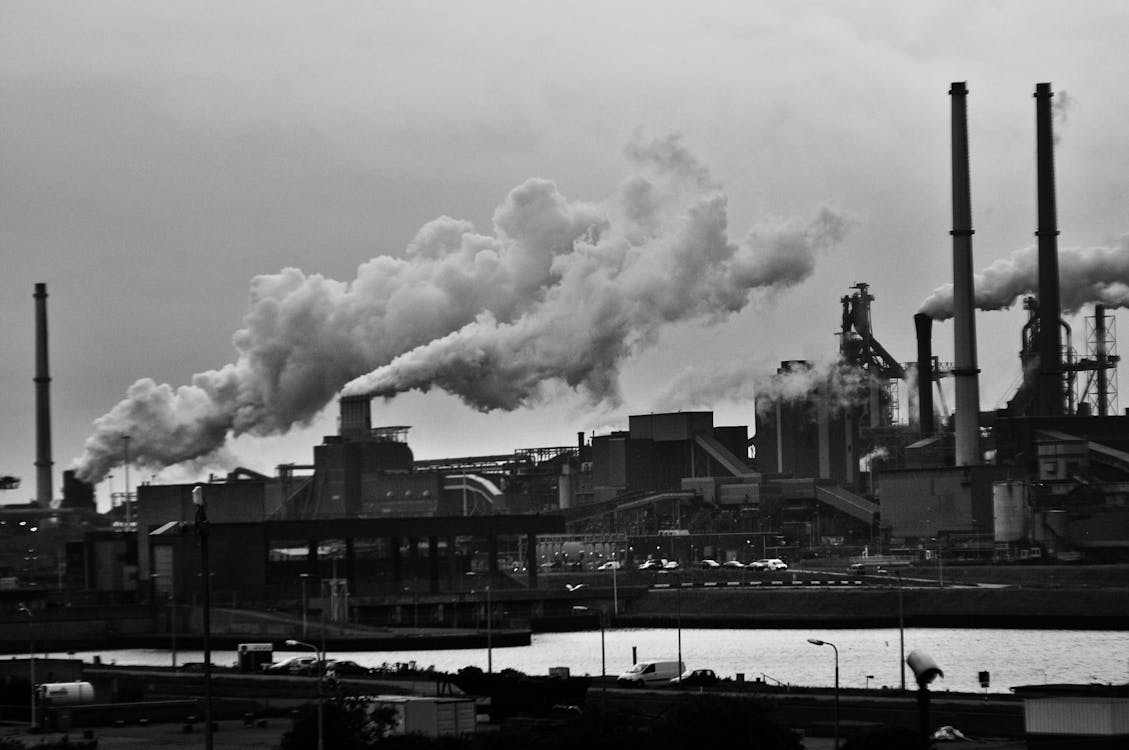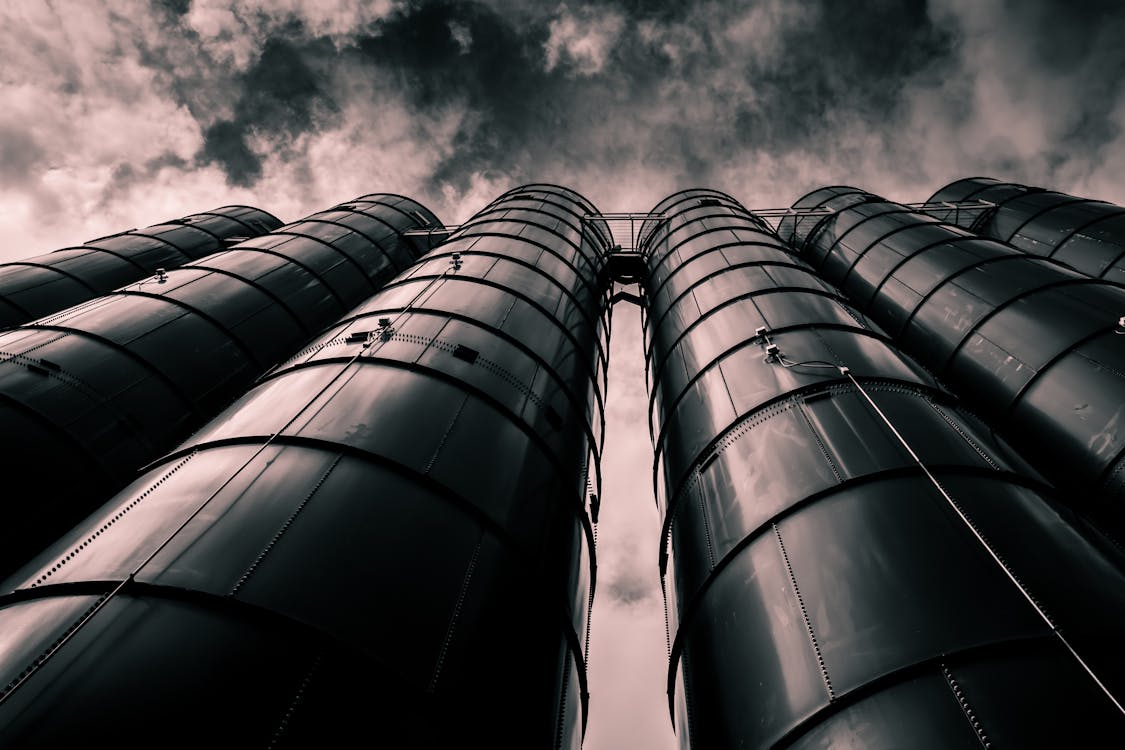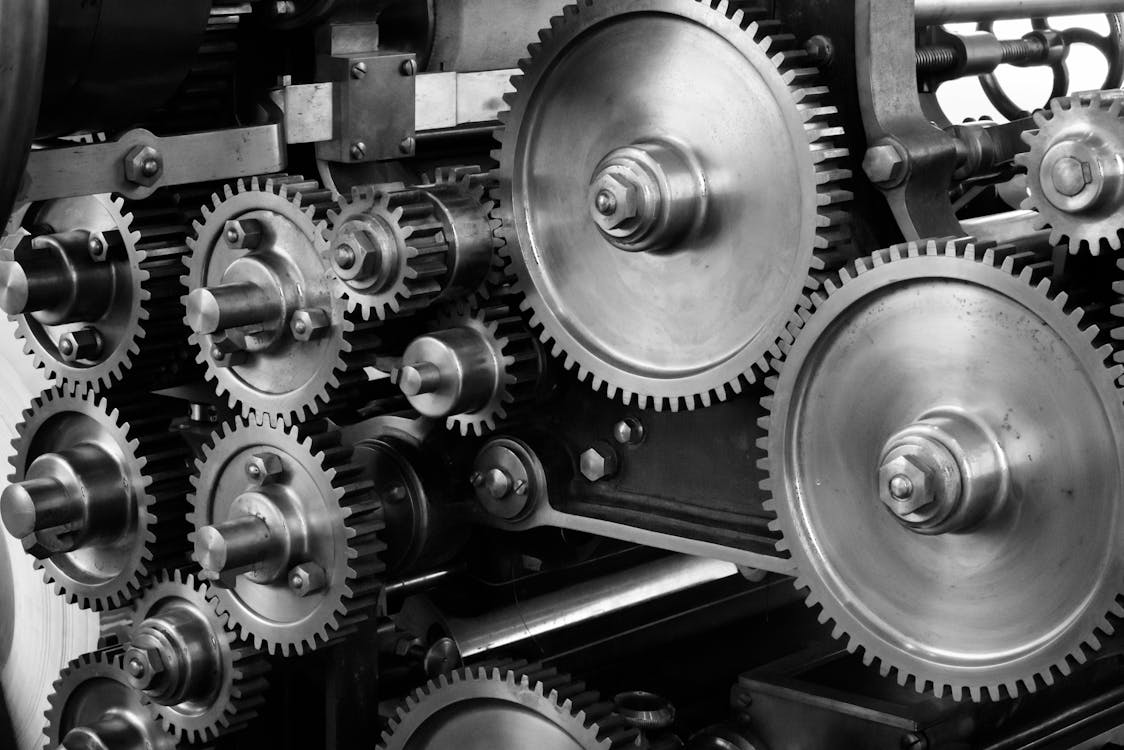The Profound Impact of the Industrial Revolution: Transforming Society and Economy
The Industrial Revolution, a period of unprecedented technological, economic, and social change, stands as a pivotal chapter in human history. Beginning in the late 18th century and stretching into the 19th century, this era revolutionized the way people lived, worked, and interacted with the world around them. The profound impact of the Industrial Revolution continues to shape our modern society in ways that are both significant and far-reaching.
A Technological Tsunami: Innovations that Paved the Way

At the heart of the Industrial Revolution were groundbreaking technological advancements. The invention of the steam engine by James Watt in 1765 marked a turning point. This innovation provided a new source of power that was not reliant on natural forces such as wind or water. Factories began to spring up, equipped with machinery that significantly boosted production capabilities. The textile industry, in particular, witnessed a transformation with inventions like the spinning jenny, the water frame, and the power loom. These machines increased textile production while reducing labor costs, leading to the mass production of goods.
The Rise of Factories: Changing the Nature of Work
The establishment of factories brought about a fundamental shift in the nature of work. Prior to the Industrial Revolution, most people were engaged in agrarian work or small-scale artisanal trades. The rise of factories centralized production and created a need for a large, unskilled labor force. This shift led to urbanization as people moved from rural areas to cities in search of employment. Cities like Manchester and Birmingham in England grew rapidly, becoming industrial powerhouses.
Economic Growth and the Emergence of Capitalism
The Industrial Revolution spurred significant economic growth. The mass production of goods led to increased trade and the creation of new markets. Entrepreneurs and investors saw opportunities for profit, leading to the rise of capitalism as the dominant economic system. The banking and financial sectors expanded to support industrial enterprises, providing the capital necessary for further innovation and expansion. The resulting economic prosperity, however, was not evenly distributed, leading to significant social inequalities.
Social Changes: The Rise of the Working Class

The influx of workers into urban areas and factories gave rise to a distinct working class. Living conditions in rapidly growing industrial cities were often harsh, with overcrowded housing, poor sanitation, and long working hours. Despite these challenges, the working class began to organize and advocate for better conditions. The labor movement emerged, leading to the formation of trade unions and the push for labor rights, including reasonable working hours, safer working environments, and fair wages.
Impact on the Environment: The Dark Side of Progress
While the Industrial Revolution brought about remarkable progress, it also had a significant environmental impact. The widespread use of coal as a primary energy source led to increased air pollution and deforestation. Industrial waste polluted rivers and streams, contributing to environmental degradation. The environmental costs of industrialization were not fully understood or addressed at the time, leading to long-term consequences that we continue to grapple with today.
Advancements in Transportation: Shrinking the World
Transportation underwent a revolution during this period as well. The development of the steam locomotive by George Stephenson in the early 19th century revolutionized land travel. Railways connected cities and towns, making the movement of goods and people faster and more efficient. The construction of canals and improvements in road infrastructure further facilitated trade and commerce. The transportation revolution not only boosted economic growth but also contributed to the spread of ideas and cultural exchange.
The Spread of Industrialization: A Global Phenomenon
The Industrial Revolution began in Britain, but its effects quickly spread to other parts of the world. Europe, North America, and eventually Asia experienced their own industrial transformations. Each region adapted the technologies and principles of industrialization to their unique contexts. This global spread of industrialization brought about a profound shift in the global balance of power, leading to the rise of industrialized nations as dominant global players.
Education and Innovation: Catalysts for Continuous Progress

The Industrial Revolution underscored the importance of education and innovation. As industries grew, the demand for skilled labor and technical knowledge increased. This led to the establishment of technical schools and universities focused on science and engineering. Education became a key driver of progress, fostering a culture of innovation that continues to drive technological advancements today.
The Legacy of the Industrial Revolution: Shaping the Modern World
The legacy of the Industrial Revolution is evident in every aspect of modern life. The technological advancements and economic principles that emerged during this period laid the foundation for the modern industrial economy. The rise of capitalism, urbanization, and the transformation of work continue to influence our society. The environmental challenges we face today can be traced back to the industrial practices of this era, highlighting the need for sustainable development.
Conclusion: Reflecting on a Revolutionary Era
The Industrial Revolution was a period of transformative change that reshaped the world in profound ways. The technological innovations, economic growth, and social shifts of this era set the stage for the modern world. While it brought about remarkable progress, it also highlighted the need for balance and sustainability. As we navigate the challenges of the 21st century, reflecting on the lessons of the Industrial Revolution can guide us toward a more equitable and sustainable future.

 Cricket Score Counter
Cricket Score Counter Heads or Tails
Heads or Tails
You have not logged in, please Login to comment.